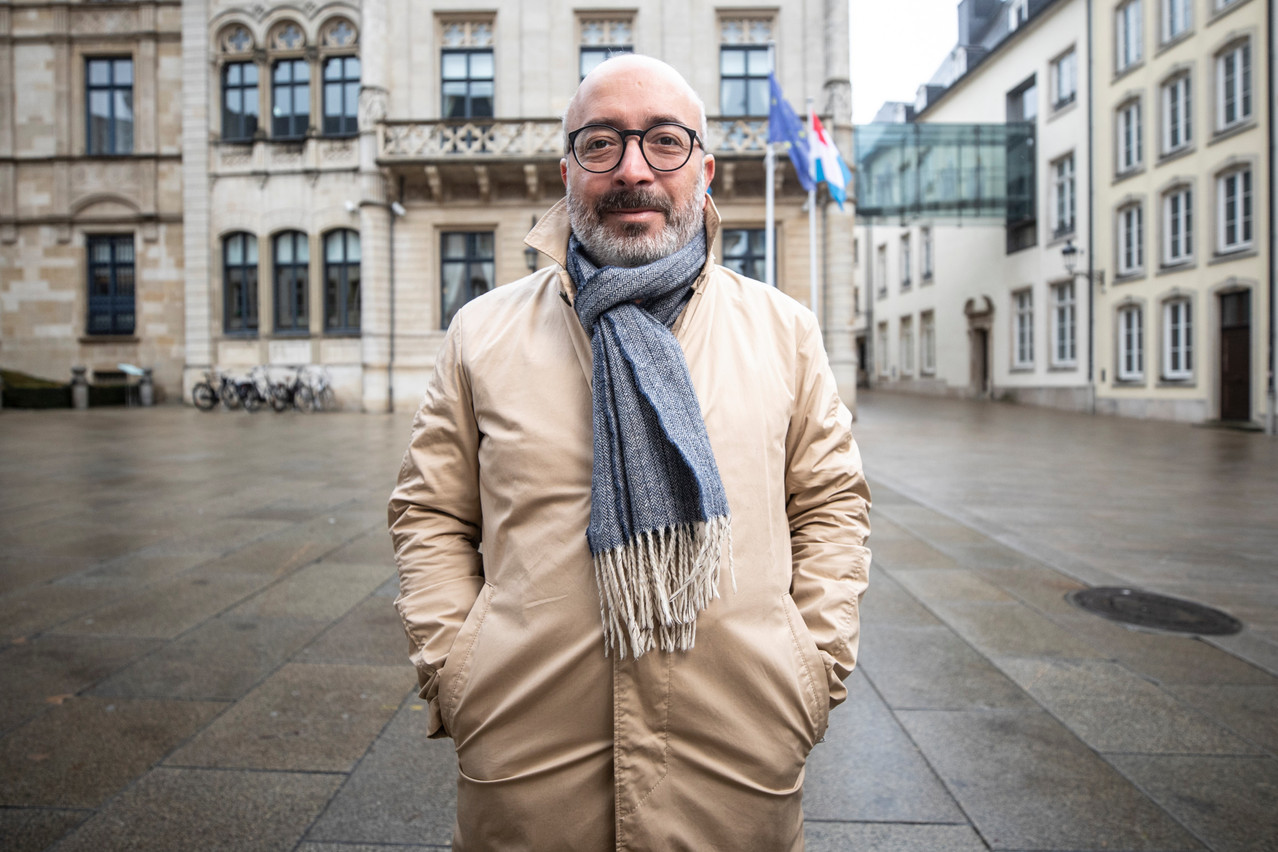The reform of the grand duchy’s 150-year-old constitution has been ongoing for more than a decade and lawmakers in 2018 presented a completely new draft of the highest law. Party political squabbles meant that this text was shelved the following year and members of parliament have since been working on amending the existing document from 1868.
“It’s like the Echternach dancing procession. There are steps forward, steps sideways, steps backwards,” said Ferreira. “And even for people who follow Luxembourg politics very closely, it’s not obvious to understand.”
But it’s crucial to pay attention, Ferreira said, as the constitution not only forms the basis of the rule of law--with “direct and indirect consequences on our lives”--but also has symbolic value. “Unfortunately, in our eyes, the realities of the country aren’t being taken into consideration in some areas,” said Ferreira.
For example, the new text states that Luxembourgish is the country’s national language, with the use of French and German determined by the law. “You’re saying that Luxembourg is a monolingual country,” Ferreira said. “In reality, the language of Luxembourg isn’t Luxembourgish. The languages are Luxembourgish, French, German, but also Portuguese and English.”
Elsewhere, the constitution currently states that all Luxembourgers are equal before the law with other people on the territory granted equal rights. “From a point of view of international law this is completely outdated, the principle of equality based on nationality.” But the reform would uphold this. “We’re a country of immigrants and to uphold a distinction between nationals and foreigners sends the wrong message.”
It’s not the first time that the constitution has been amended. Previous updates include the abolition of the death penalty in 1971 or the introduction of universal suffrage in 1919. But the current reform is the most wide-reaching effort at modernising the document. It aims to enshrine academic freedom and the , ensure and animal rights, as well as more clearly separating powers between the country’s institutions, including the monarchy.
The first out of four reform chapter passed an initial vote in parliament in October 2021. This will need to be confirmed by a second vote. A citizens’ initiative trying to force a referendum . And while a received enough signatures for a debate in parliament, lawmakers decided to stick with their plans and skip the public ballot.
A version of this article first appeared in the January 2022 special forecast edition of It has been published in updated form on Delano.lu.
